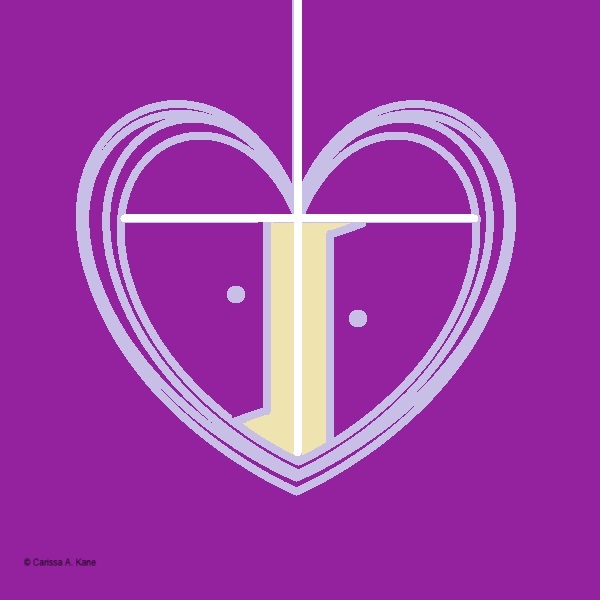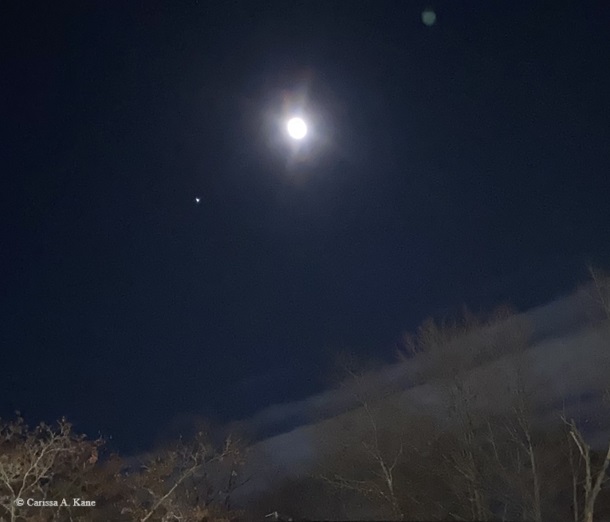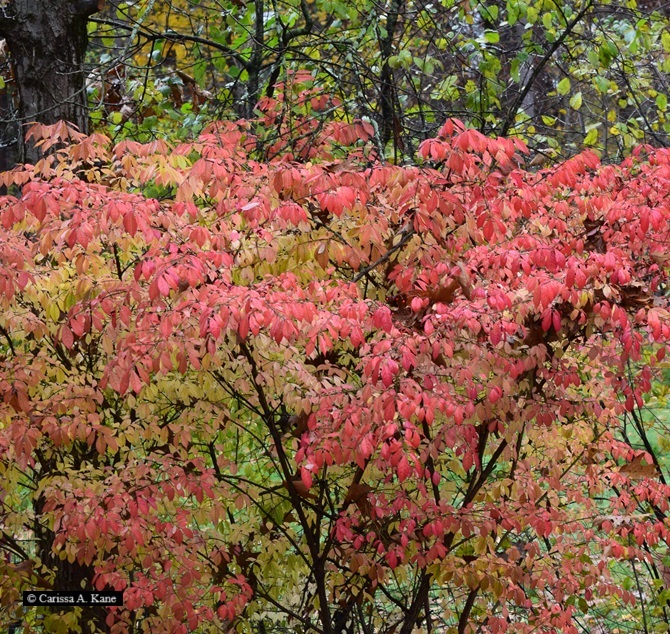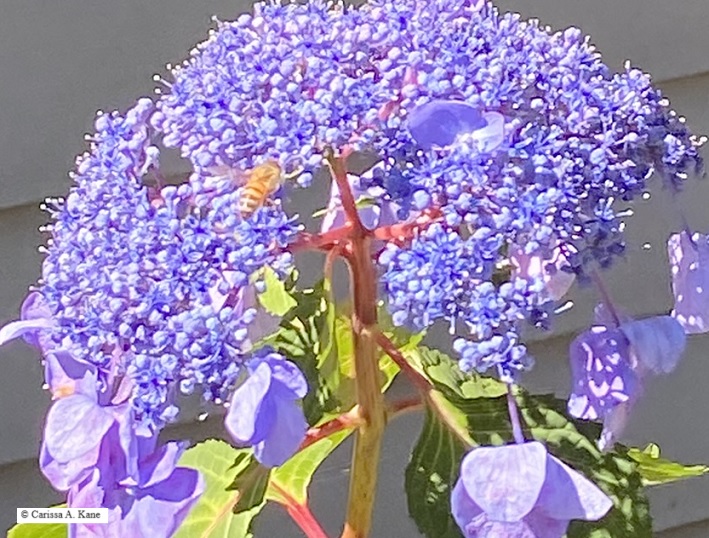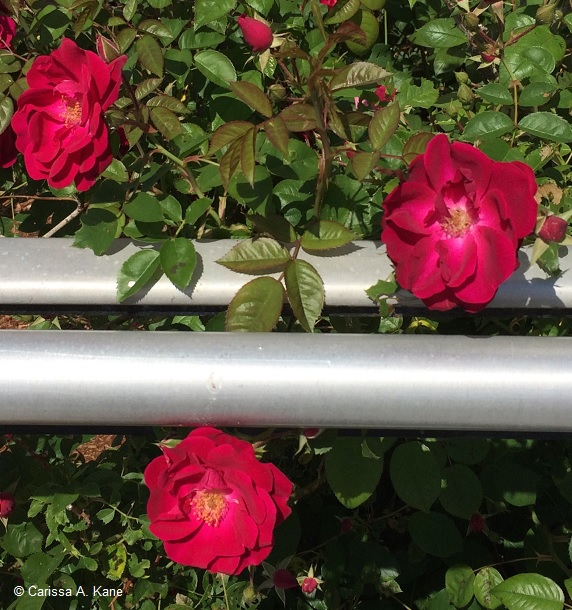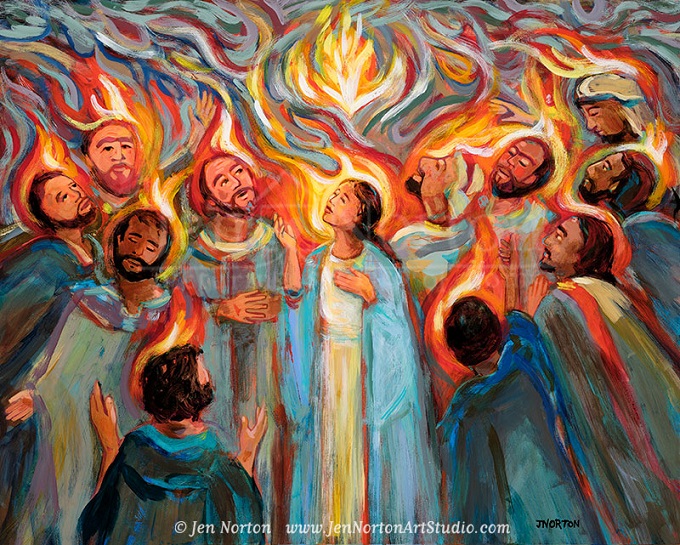In a few days, it will be Valentine’s Day, the holiday synonymous with hearts and love. It will also be Ash Wednesday, the start of the Lenten season, known by its call for prayer, almsgiving and fasting, all aimed at drawing closer to Jesus, growing in awareness of falsities that hold one back, and trying to shed them. Both occasions, despite the differences in how they are celebrated, come down to love, whose source is God, and the ways in which it is expressed, received, nurtured within, and responded to.
While one might associate Valentine’s Day more with romantic love, there’s no denying that it, as true love in any variation, often extends and ripples outward in positive ways, affecting those beyond the initial recipient. With Ash Wednesday and during Lent, a more concerted effort is made to strive to recognize and overcome, through God’s grace, whatever may be interfering or holding back the love one has received from flowing more fully and freely so as to make them more Christlike in their way of being.
The Gospel passage for the Sixth Sunday in Ordinary Time provides an opportunity to reflect on what might be referred to as the beginning of love—kindness. If love is an open door to the heart, kindness is the door cracked open, just enough to check it out and consider the other, allowing the heart and soul to be moved into action that shows care.
In the following Gospel passage, we read about Jesus curing a leper. Again, as in other passages where he heals and cures people, we see the kindness of Jesus, who is “moved with pity”.
A leper came to Jesus and kneeling down begged him and said,
“If you wish, you can make me clean.”
Moved with pity, he stretched out his hand,
touched him, and said to him,
“I do will it. Be made clean.”
The leprosy left him immediately, and he was made clean.
Then, warning him sternly, he dismissed him at once.
He said to him, “See that you tell no one anything,
but go, show yourself to the priest
and offer for your cleansing what Moses prescribed;
that will be proof for them.”
The man went away and began to publicize the whole matter.
He spread the report abroad
so that it was impossible for Jesus to enter a town openly.
He remained outside in deserted places,
and people kept coming to him from everywhere. – Mark 1:40-45
Keep in mind that the man with leprosy would have been living away from others, perhaps as part of a leper colony. It seems he would have felt like and been treated as an outcast. What else do you think a leper or outcast might experience?
Upon being healed, the leper could once again join the fold. Imagine his thoughts and feelings over now being allowed to be part of and engage with a broader community. What would that be like? How would you feel and react, given a similar experience?
Spend some time reflecting on the kindness of Jesus. What would Jesus remember most about the leper, his condition, and the way He was approached by him? What do you imagine Jesus’ response or reaction would be to the leper telling everyone and anyone about Jesus healing him, leading to Jesus having to remain “outside in deserted places”?
As the days of Lent draw closer, are there areas in your life where you feel challenged when it comes to receiving or giving with a heart full of kindness rather than a sense of obligation, duty, etc.? When it comes to this, in what ways do you desire to experience the kindness of Jesus? How might your kindness, or inclination toward it, remain balanced while also continuing to evolve more fully into love?
